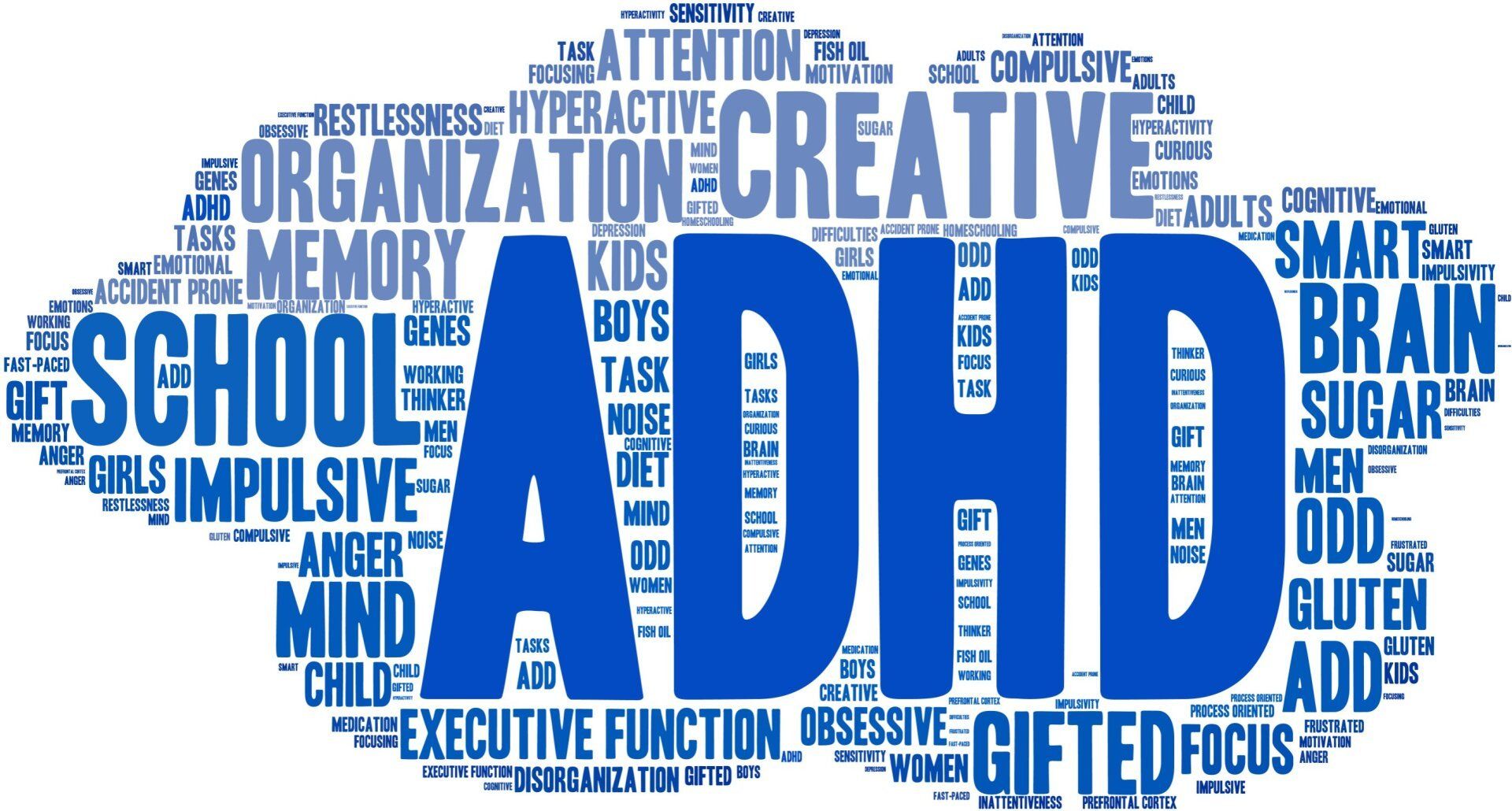How to Talk to Your Doctor About ADHD Symptoms
ADHD is one of the most common mental disorders in children, impacting over six million people between the ages of 2 and 17 – roughly 9% of that population. That number includes 2.4 million kids between the ages of 6 and 11, and 3.3 million kids between the ages of 12 and 17.
While most patients living with ADHD are diagnosed in their childhood, the symptoms can follow that patient into their young adulthood and even adulthood. In fact, some people aren’t diagnosed with ADHD until adulthood – the point is ADHD can be diagnosed in anyone at any moment.
With that said, research suggests males are far more likely to be diagnosed with ADHD than females. At the same time, ADHD goes undetected or is misdiagnosed more often in females than in males. Either way, treatment can help anyone cope with the symptoms of ADHD.
What is ADHD?
ADHD, also known as attention deficit hyperactivity disorder, is a neurodevelopmental disorder that’s often characterized by an inability to focus, pay attention, sit still, and/or follow directions. Treatment for ADHD generally consists of medication, therapy, and lifestyle/habitual changes.
There are three main types of ADHD patients – the inattentive type, the hyperactive/impulsive type, and the combined type. Your psychiatrist or healthcare provider will determine which type you are based on your symptoms, lifestyle, habits, behaviors, thoughts, and more.
While we all get a little restless, anxious, or excited from time to time, it’s usually during a time that makes sense. People with ADHD experience those feelings often and their hyperactive, impulsive, and/or inattentive ways are known to have a negative impact on the patient’s life.

How to Talk to Your Doctor About ADHD
When you start to notice symptoms of ADHD in yourself or someone you know, don’t hesitate to reach out for help. Talking to your doctor goes a long way in ensuring you receive the care and treatment you deserve -- the professional medical advice they provide is priceless.
For those that don’t know where to go, first speak with your primary care physician – they can help you make sense of your symptoms and refer you to a specialist. For those that already have a mental health professional (psychologist, psychiatrist, etc.) contact them right away.
If you feel nervous about talking to your doctor, don’t panic – you’re not alone and it’s 100% normal to hesitate. Just know your doctor will offer a judge-free and supportive environment for you to share your symptoms, thoughts, and feelings. Let’s break it down for you step-by-step.
Step One: Recognize the Symptoms
Some of the most common symptoms of ADHD include inattentiveness, being forgetful, not paying attention often, unorganization, constantly late, poor time management, not getting enough sleep, trouble concentrating, frequently fidgeting, excessive talking, hyperactivity, impulsiveness, difficulty waiting their turn, easily distracted, and/or inability to be quiet.
Step Two: Schedule an Appointment
If you start to notice any of those symptoms in you or your child, it’s time to schedule an appointment with your primary care physician – or mental health professional, if you’ve already been introduced to one. The longer you wait, the less time you have to find proper treatment.
Step Three: Explain Your Symptoms
When you meet with your doctor, make sure you explain all the symptoms you’re feeling and give real-world examples of those symptoms. If needed, write down your symptoms on a piece of paper or in your phone, that way you don’t forget to tell your doctor any of the symptoms.
Step Four: Be Honest When Questioned
As you continue to discuss your symptoms, your doctor will have a series of questions to ask in order to get a better idea of what you’re going through. Always be honest when questioned – if you know the answer, say something and if you don’t know the answer, don’t pretend you do.

Questions to Ask Your Doctor About ADHD
When you arrive at your doctor’s office, they’re likely going to have a number of questions to get a better idea of what you’re experiencing. With that said, it’s also your opportunity to ask your doctor questions about ADHD, how it might impact your life, and what you should expect.
Here are some questions you should ask your doctor about ADHD:
- What type of medication is prescribed for ADHD?
- Does ADHD medication come with any unwanted side effects?
- How does a doctor diagnose ADHD?
- How do we go about treating ADHD?
- Are there different types of ADHD and if so, which one do I have?
- Are there any lifestyle, habitual, or behavioral changes I can make right away?
- How might ADHD impact my ability to live a happy, healthy, and rewarding life?
- Is there a proven way to monitor my progress with ADHD treatment?
- Will my ADHD grow worse as I age or will it eventually go away?
- Is ADHD common in children with autism spectrum disorder?
- Is ADHD often accompanied by other related mental health conditions?
- How do I explain my ADHD diagnosis to friends and family?
- Will my friends and family have to treat me any differently since I have ADHD?
- Are there any support groups or other resources I should know about?
The more open you are with your doctor, the more useful they can be to you and your journey towards a happier, healthier, and more rewarding life. With the right support group and care team, you can regain that sense of control in your life that you’ve been missing for too long.
Are You Worried You Might Have ADHD?
Are you showing signs of adult ADHD? Do you have a hard time focusing and paying attention? Do you struggle to sit still and often hyper? Do you find yourself acting without thinking – almost out of impulse? Are you worried your mental health issues will impact your loved ones?
If you answered ‘yes’ to any of those questions, contact my office immediately. Untreated ADHD can have significant consequences -- even ADHD in adults.
At Good Samaritan LV, we provide a supportive, welcoming, and friendly environment for all our patients. Dr. Shaun Jang, MD and his wonderful team are ready and willing to help you cope with your symptoms while we create an effective, proven, and non-invasive plan to treat ADHD.



